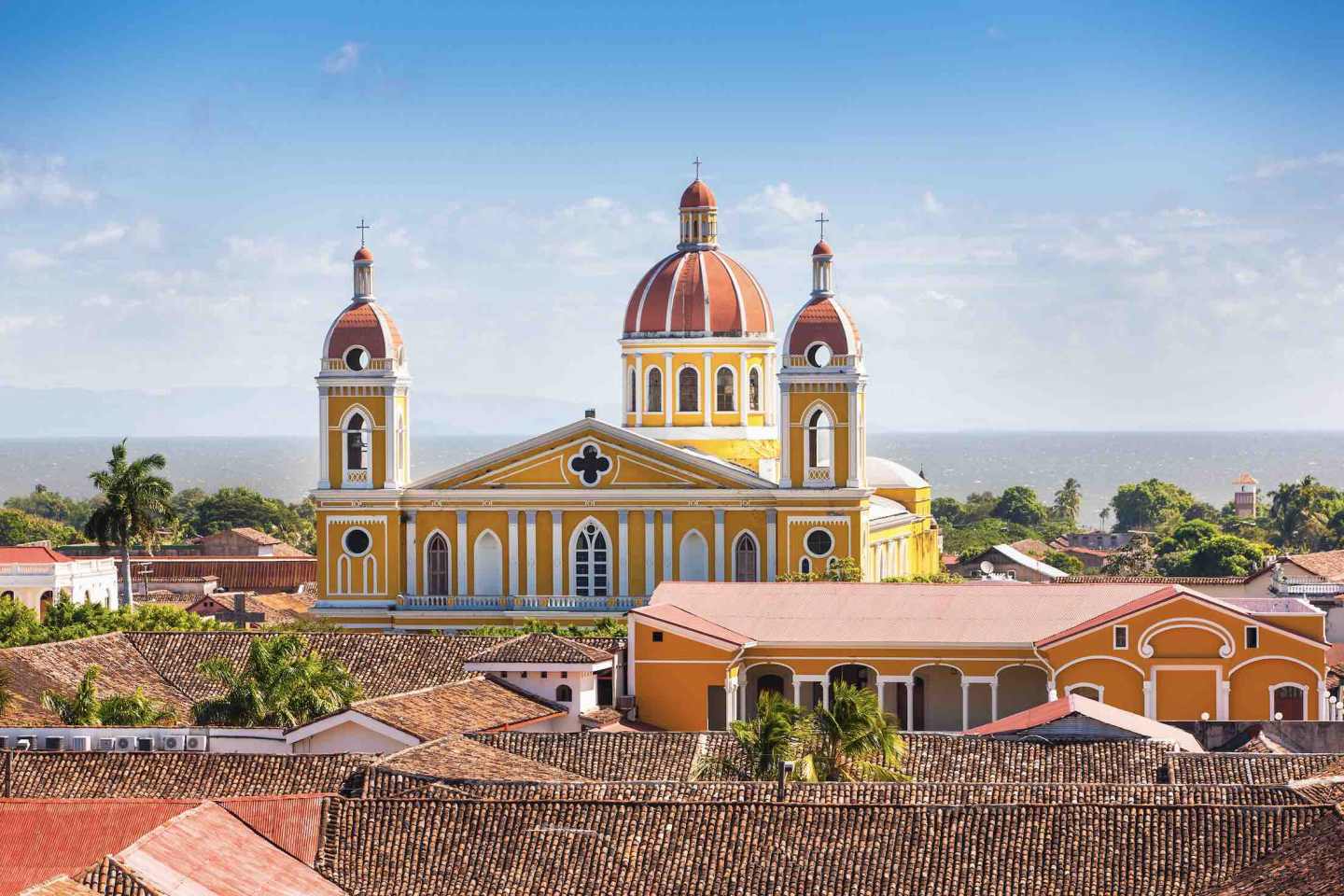尼加拉瓜的市場研究
尼加拉瓜是最大的拉丁美洲國家之一。
它北與宏都拉斯接壤,南與哥斯大黎加接壤。此外,它還有兩條很長的海岸線。
東部氣候寒冷,而且比西部濕潤得多。
官方語言為西班牙語。許多藝術家和作家稱這個國家為家。
幾乎一半的人是天主教徒。另外三分之一是新教徒。還有一小部分猶太人和穆斯林追隨者。
主要的宗教節日是 La Purísima,在 12 月初舉行,為期一周。它慶祝聖母無染原罪。當時,家庭和工作場所經常為聖母瑪利亞展示華麗的祭壇。
重點產業
農業和旅遊業是這個國家的兩個強大產業。事實上,農民生產香蕉、米、甘蔗、豆類、牛肉、家禽、咖啡、棉花和木材。
然後是服務業,該行業僱用了大約一半的勞動力。該部門包括許多服務,例如
- 交通、商業、銀行服務
- 藝術、健康與教育
- 餐廳和飯店
旅遊業推動了該行業和許多其他行業的發展。事實上,旅遊業至關重要。此外,《洛杉磯時報》稱讚該國為「熱帶天堂」。它有許多旅遊景點,包括:
- 海灘,
- 風景路線,
- 萊昂和格拉納達等美麗的城市
遊客可以健行、劃獨木舟、觀光、登山、露營、游泳。文化、自然和冒險是主要賣點。馬薩亞火山是另一個受歡迎的旅遊景點。
生態旅遊是另一個賣點,這是一個擁有多樣化動植物的國家。例如,遊客可以造訪:
- 查科維德自然保護區,
- 博薩瓦斯 (Bosawas),拉丁美洲最大的雨林之一
- 尼加拉瓜湖
該國擁有 78 個保護區。這些覆蓋了全國五分之一的面積。
農民透過讓遊客參觀他們的咖啡農場來從旅遊業中獲利。在那裡,他們可以學習如何煮咖啡、過夜並在導遊的帶領下探索。
其他值得注意的行業包括:
- 紡織品-針織品和機織物、鞋類。
- 水泥、化工、煉油、機械、金屬製品
- 飲料、食品加工
- 採礦業-銅、銀和金
社群
大約五分之三的人居住在城市。首都馬那瓜,是全國最大的城市。其他著名的城市地區包括格拉納達、萊昂、馬塔加爾帕和布魯菲爾茲。大多數城市和工業都在西部,大多數人口也在西部。
另一方面,東部地區則從事耕種、飼養牲畜和開發木材資源。
趨勢
該國對 COVID-19 大流行的反應不嚴。它決定反對其他國家的封鎖措施和嚴格的檢測政策。結果,一家美國報紙稱其為“否認的政府”,美國國務院也警告不要旅行。
儘管如此,全球封鎖仍然傷害了這個國家。颶風埃塔和艾奧塔也是如此。因此,貿易和旅遊業萎縮。
專家預計經濟很快就會復甦。
市場的優勢與優勢
這是一個非常有前途的拉丁美洲國家,儘管它是最不發達的國家之一。一方面,它與美國有著密切的聯繫。它也與美國、台灣等大市場簽署了自由貿易協定。
其次,它為當地人和潛在投資者提供了良好的商業環境。
它是中美洲開設或關閉企業和保護投資者的最佳地點。它在營商便利度方面也排名很高,而且註冊企業和納稅都很容易。
消費者基礎
這個國家擁有超過六百萬人口。他們中的許多人是混血兒,是白人和本土混血兒。人口最多的城市是首都馬那瓜。
該國許多國民居住在國外。因此,國外匯款率很高。可悲的是,全球封鎖導致海外人士寄回家的錢明顯減少。
十分之九的人居住在西太平洋低地和附近的高地。其他人居住在太平洋、中部和北部地區。東加勒比地區佔剩下的十分之一。
該國人口年輕,其中許多人年齡在 15 歲以下。
為什麼在尼加拉瓜市場發展您的業務
根據國際刑警組織和許多其他消息來源的說法,這是犯罪率最低的拉丁美洲國家。
此外,它還為創辦和關閉企業提供許多激勵措施,並提供投資者保護。該國的進出口能力非常出色。它在獲得財產和納稅方面也得分很高。
關於尼加拉瓜的市場研究
定性和定量研究可以為您的投資提供見解。策略研究也可以。我們也提供調查、訪談和焦點小組活動。請立即聯絡我們,了解我們如何協助您開展業務。



